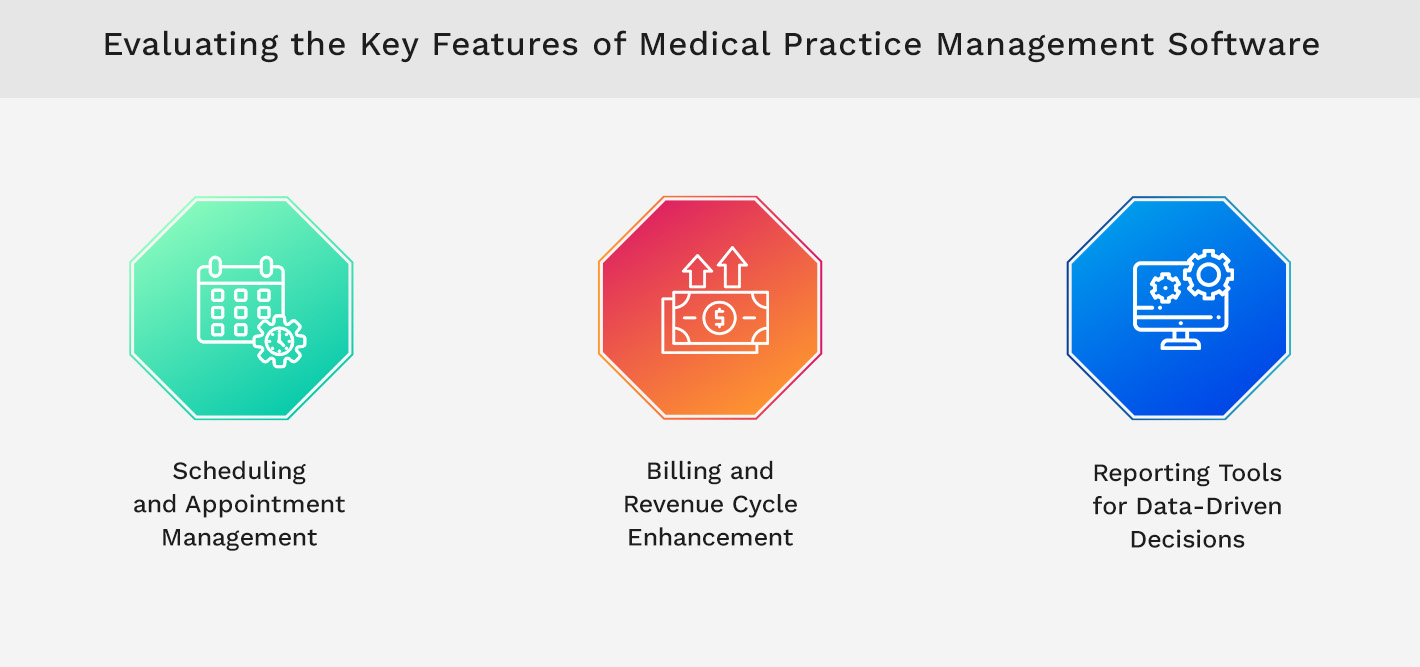In the current rapidly evolving healthcare environment, the function of healthcare management software has transformed into ever more essential for the efficiency and efficacy of healthcare organizations. As the demands of patient care expand, healthcare providers confront the challenge of handling vast amounts of information, organizing care, and guaranteeing patient safety. This powerful technology empowers medical professionals, optimizing their workflows and enabling them to concentrate more on what genuinely is important: providing top-notch patient care.
By incorporating clinical management solutions into their daily routines, healthcare professionals can greatly enhance productivity, reduce bureaucratic tasks, and facilitate interaction across groups. These systems not only allow improved record-keeping and scheduling but also aid data analysis and reporting, making it easier to monitor patient outcomes and refine operations. Utilizing this software changes the healthcare environment, fostering a more nurturing environment for both providers and clients alike.
Optimizing Operational Duties
Healthcare management systems plays a essential role in reducing the administrative burden faced by medical workers. By simplifying routine tasks such as schedule booking, invoicing, and record management, these systems liberate precious time that practitioners can focus towards client care. This efficiency not only boosts workflow but also minimizes the likelihood of errors, leading to improved service delivery.
Moreover, using medical management software allows for enhanced communication among healthcare teams. With joint access to patient data and treatment histories, healthcare professionals can work together more productively, ensuring that decisions are based on the most comprehensive and up-to-date information available. This synergy among staff helps to streamline patient transitions, cutting delays and improving the overall patient experience.
The structure of medical management systems is customized to meet the unique needs of medical facilities. User-friendly dashboards and customizable features enable organizations to adjust the software to their particular workflows, aligning technology with their functional requirements. As a result, medical workers find it simpler to manage daily tasks, leading to greater job satisfaction and a more efficient work environment.
Enhancing Patient Treatment
Medical management software greatly improves the standard of care that medical professionals can provide to their patients. By simplifying patient data management, it enables faster access to vital health data. This instant accessibility enables healthcare providers to make knowledgeable decisions, reducing the time spent on administrative tasks and enhancing the overall productivity of care services. As a result, patients experience reduced wait times and receive swift interventions that can be crucial for their health outcomes.

Another key feature of medical management software is its role in enhancing collaboration among care groups. With joint access to patient databases and treatment strategies, healthcare professionals can collaborate more successfully, ensuring that every member of the team is on the same path. This collaborative approach not only enhances safety by reducing the risk of incidents but also supports a holistic view of the patient, encouraging personalized care that considers the patient’s unique needs.
Moreover, medical management platforms often incorporate features for assessing patient advancement and outcomes. By utilizing analytics and tracking capabilities, healthcare professionals can monitor improvements over time and identify areas where patients might need additional support. This data-driven approach allows caregivers to proactively tackle any problems and modify treatment strategies as needed, ultimately leading to better health achievements and a more rewarding patient experience.
Safety of Data and Regulatory Compliance
In the medical industry, protecting patient information is of critical importance. Medical management software is designed with robust security features that protect sensitive data from illicit access and cyber threats. These systems implement data encryption, secure access controls, and regular security audits to ensure that patient information remains private and safe.
Adhering with regulations such as HIPAA is another critical aspect of using medical management software. These systems help healthcare providers comply with mandated standards for patient privacy and security of medical data. medicloudmed simplify the process of maintaining documentation and reporting, making it easier for organizations to adhere to legal requirements while prioritizing patient care.
Furthermore, the ability to track and manage data efficiently enhances accountability within healthcare organizations. Medical management software not only ensures that data is securely stored but also promotes transparency in data usage. By implementing stringent security measures, healthcare providers can foster trust among patients and stakeholders, knowing that their systems are in compliance with industry regulations and established practices for data protection.
